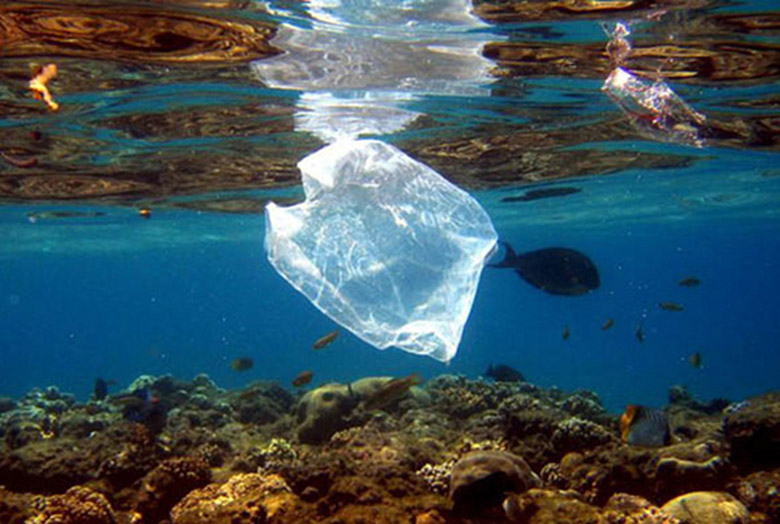 Marine Debris
Marine Debris
Marine debris is fast becoming a major global problem, one which needs to be nipped in the bud. Because as the human population hastily reaches the over-crowded mark, the marine pollution also climbs the danger levels. And since a little more than 70% of earth is covered with water, polluting it will soon create a messy and contaminated planet, which used to be suitable for an ideal living condition.
Marine litter facts.
- At least 267 different species are known to have suffered from entanglement or ingestion of marine debris including sea birds, turtles, seals, sea lions, whales and fish. The scale of contamination of the marine environment by plastic debris is vast. It is found floating in all the world’s oceans, everywhere from polar region to the equator.”
- The Great Pacific Garbage Patch has mistakenly been referred to as the largest landfill in the world, a floating island, and a trash vortex. According to the Algalita Marine Research Foundation, the Great Pacific Garbage Patch is most accurately represented as a “plastic soup” where the plastic is distributed throughout the water column. Despite this several countries are introducing plastic bag ban, alongside several states in USA. Each case is met with strong industrial plastic bag manufacturers lobbying local governments in defiance of proposed bans
- Of more than ten million pieces of garbage picked up on ocean beaches in 2009 during International Coastal Cleanup Day, 1,126,774 were plastic bags. Plastic bag debris was second only to cigarette butts/filters (21%) in number and accounted for full 11% of ALL marine debris picked up. (This report refers to plastic bags in general. We want you to know that there are many types of plastic bags from produce bags, to tortilla chip bags, and that retail carry-out bags (AKA plastic grocery bags) are just a subset of the litter statistic in this study
- The reason that turtles ingest marine debris is not known with certainty. It has been suggested that debris, such as plastic bags, look similar to, and are mistaken for jellyfish. Studies on dead turtles reported ingestion of marine debris in 79.6% of the turtles that were examined from the Western Mediterranean (Tomas et al. 2002), 60.5% of turtles in Southern Brazil (Bugoni et al. 2001) and 56% of turtles in Florida (Bjordal et al. 1994)
- According to research done by Captain Charles Moore on the Great Pacific Garbage Patch, it has been found that there are six pounds of plastic for every pound of plankton in the area
Ways you can help, you will be doing your planet a huge favour
There are so many things you can do for our oceans, to help reduce mounting plastic waste, heres just a few:
- Reduce plastic consumption, i.e. over packaged products
- Refuse plastic bags, reuse your bag for life
- Ask supermarkets to reduce plastic wrapped food
- Carry your own water drinking bottle, made from steel or similar
- Avoid buying your children plastic toys, and balloons for parties etc.
- Don’t flush ear buds etc. down the toilet, it all goes into the ocean
